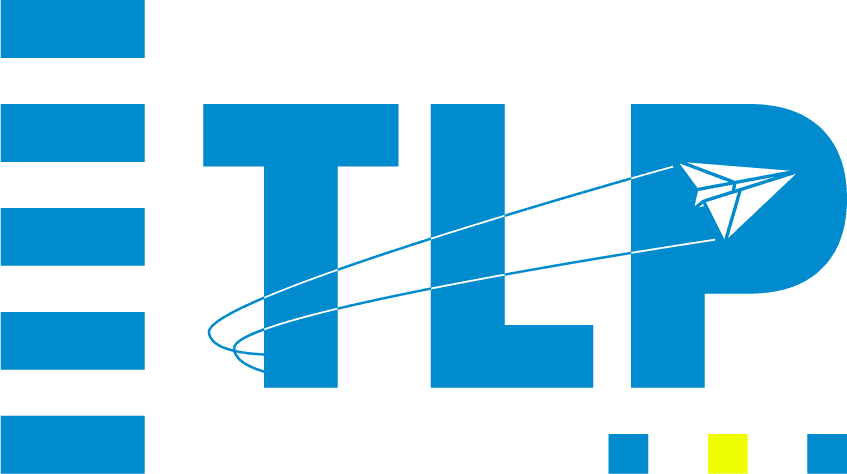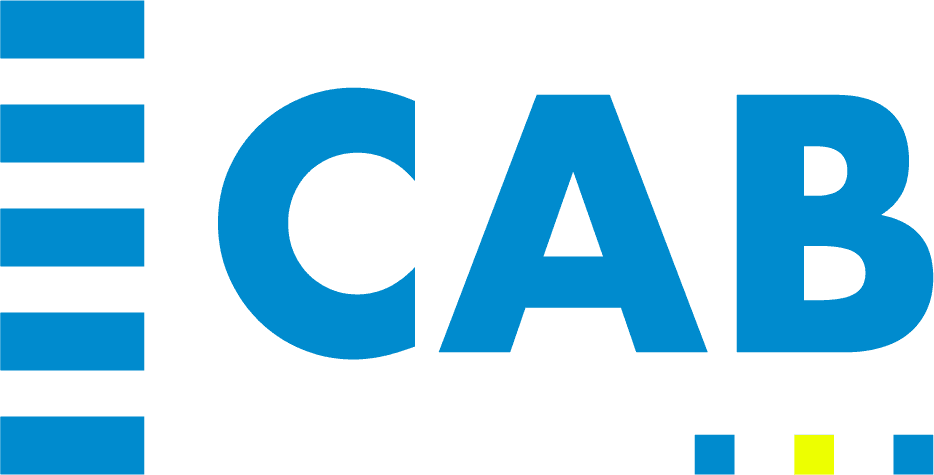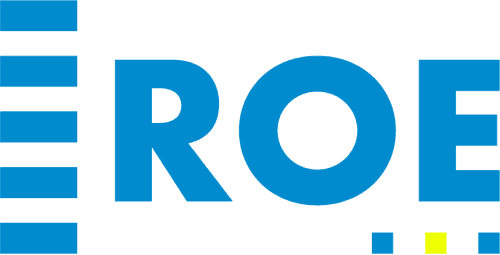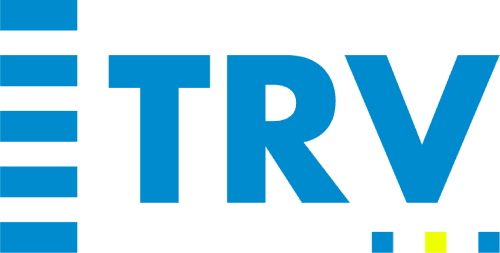Growth is usually seen as a good thing. More money, more opportunities, more progress. But here’s the catch: growth only matters if you know what you’re growing toward.
I remember my dad once telling me about a man who sharpened skates for a living. His routine was simple...ten pairs in the morning, ten more in the afternoon, then dinner with his family.
No rush to expand, no pressure to chase the next big milestone. He was content.
Compare that with today’s hustle culture, where ‘’more’’ becomes the goal itself. But is a growth mindset just about piling on achievements?
I'd say it's more about growing with intention. Growing in the direction that lines up with your version of success.
What Is a Growth Mindset?
Psychologist Carol Dweck came up with the idea of a growth mindset, and it’s really just about how you see your own abilities. With a fixed mindset, you figure you’re either good at something or you’re not.
End of story.
A growth mindset flips that on its head. It’s the belief that you can get better at almost anything if you’re willing to put in the effort and learn along the way.
I love how Dweck explained it:
‘’No matter what your ability is, effort is what ignites that ability and turns it into accomplishment.’’
It isn't just a theory. In companies where employees are actively engaged in growing, productivity grows by 17%. Profits...by 21%.
How Does Growth Differ From Hustle?
We live in a culture that chants ‘’more, more, more!’’ And at first, it can feel motivating.
Hustle culture tells you that working longer hours, sleeping less, and pushing harder is the only way to succeed. We've all watched those Reels, right?
I’ve lived that life. 20-hour days, the stress of making payroll, and the pressure of needing more money when the rent was due.
The hustle had a purpose then: it helped me build a foundation for the life I wanted. But let me be clear: hustle, by itself, is not success.
Think back to that skate sharpener I mentioned earlier. He had his routine, his family, and enough income to live happily. He knew what mattered to him.
Now, compare that with entrepreneurs who grind themselves into the ground, chasing more of everything…without stopping to ask what ‘’enough’’ even looks like.
The danger of hustle culture is that it can slide into toxic productivity. After a while, you start believing your worth is tied to constant output. It really takes a toll on you.
That's where burnout comes from, too. Considering that 77% of people are burnt out at their jobs, I often feel like we're not taking this issue as seriously as we should.
Healthy hustle should be like a tool in your kit. You pick it up when you need to get through a growth phase, then put it down when you’ve reached stability.
Selena Samuela, an Insta-famous fitness coach, reminds us: ‘’We’re all about progress, not perfection.’’ So, let's just be proud of our progress and pause to enjoy it every once in a while.
Building a Personal Growth Mindset
So how do you take the idea of a growth mindset and actually apply it in your own life? It starts with getting clear on what success means to you.
Define Your Version of Success
Before you throw yourself into the climb, ask: What do I actually want life to look like once this growth phase is over?
For me, it’s the days that match my own definition of success. It's the days when I feel proud, balanced, and content to pause.
Put Efforts Where Your Values Are
Your growth doesn’t have to look like anyone else’s. I'm a huge fan of Wallace D. Wattles, the author of How to Get What You Want, saying that ‘’the very best thing you can do for the whole world is to make the most of yourself.’’
There's just one of you. Why wouldn't you want the world to see this masterpiece?
When growth lines up with your values, the process becomes enjoyable. And the best part? You stop measuring yourself against someone else’s scoreboard.
Learn, Learn, Learn
LinkedIn's 2023 Workplace Learning Report found that 89% of professionals believe continuous learning is a must. 89%!!
I agree with all 89% of these respondents.
But I'd have to say that a growth mindset doesn't mean chasing everything at once. You need to improve in areas that matter to you.
Take a course. Find a mentor. Whatever it is, be prepared to learn.
The same goes for personal growth. Get better at things you want to focus on personally.
Want to be better at time management? Give calendaring and color coding a shot. Want to eat better? Meal prep. Learn from pros.
You get the gist.
Reframe Challenges
Setbacks aren’t crashes. They’re data points. A growth mindset flips failure into feedback and helps you chart a better course next time.
James Clear reminds us in Atomic Habits: ‘’You do not rise to the level of your goals. You fall to the level of your systems.’’
What does this mean in practice? It means your motivation comes from your ‘’why,’’ the bigger picture you’re working toward.
A setback, then, isn’t the end of the journey. It’s simply one more adjustment to get you flying steady again.
Growth Mindset in Action
Pilots often talk about ‘’staying ahead of the airplane.’’ It means you’re not reacting to problems as they pop up. You’re thinking two steps ahead.
That’s exactly what a growth mindset looks like in real life.
You must have seen this in the workplace too. What happens when there's a challenge? Some people innovate while others panic.
It's the former that has a growth mindset. As Carrie Fisher, the Star Wars actress says, ‘’Stay afraid, but do it anyway.’’
I’ve seen the same in entrepreneurship. In my early years, I hustled hard and worked long hours to build something stable.
What did I do when I faced setbacks? I used them as a way for problem-solving. My mindset helped me push through the turbulence and create a business that eventually supported the life I actually wanted.
Ready to Grow?
Growth isn’t automatically good. It depends on where it’s taking you. Hustle has its place, but it should move you toward your version of success, not someone else’s.
And once you get there, you should be content.
A true growth mindset means getting clear on where we want to be and then welcoming challenges that come our way.
Struggling to see what your vision actually looks like? Worry not.
Book my Emotional Logic talk to learn more and make moves!
Sources:
ResearchGate: ‘’Enhancing Employee Satisfaction and Engagement to Boost Productivity: The Role of Leadership, Culture, and Recognition Programs.’’ Accessed 10/03/2025.
HBR: ‘’When Your Employee Tells You They’re Burned Out.’’ Accessed 10/03/2025.
LinkedIn: ‘’2023 Workplace Learning Report.’’ Accessed 10/03/2025.

Article by
Founder, Think Like a Pilot & GBM6
Bobby Dutton is a professional speaker, entrepreneur, and philanthropist. He's also a licensed commercial pilot and flight instructor -- for fun. Thriving at the intersection of engineering and art, Dutton created GrooveBoston in 2004, built on the statement "Music is No Longer a Spectator Sport." His team (now called GBM6) is about making people happy, through legendary events. Bobby's pioneering work on event design has won him awards internationally, and he was voted one of the "Top 25 Young Event Pros to Watch" by Special Events Magazine. After 20+ years of navigating high-stress situations as a business owner and event producer, Bobby found calm in an unlikely place: in the sky. He now teaches these aviation-inspired decision-making tools to thousands through events, keynotes, and workshops.










